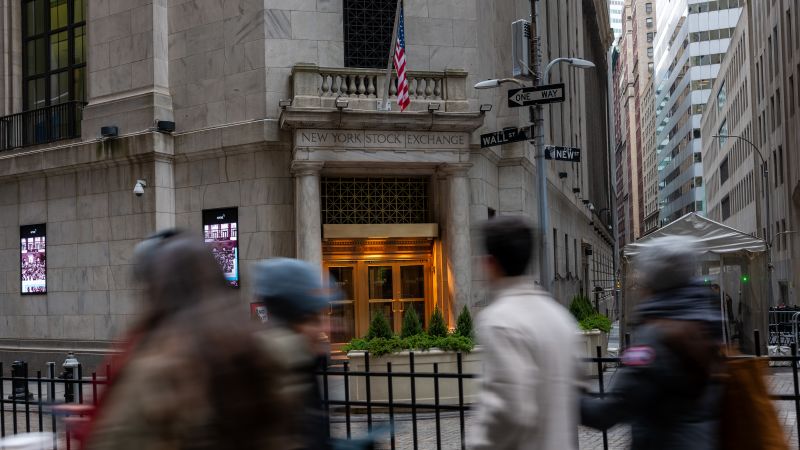US-based corporations are experiencing record profits and are choosing to return that money to shareholders through increased dividends. The S&P 500 has seen a rise of more than 10% in the year so far, mainly due to the expectation of larger dividend payouts. Research shows that in 2023, dividend payouts reached a new high in the S&P 500, and this trend is expected to continue in 2024. However, only a small percentage of the profits made by the largest US companies actually go towards paying their employees fair wages, with the majority going towards shareholder dividends and stock buybacks.
Critics argue that stock buybacks, which are often used by corporations to boost share prices and executive compensation, only serve to enrich the ultra-wealthy while ignoring workers’ needs. In contrast, supporters of buybacks claim that they are an efficient way for companies to distribute excess capital and increase stock value. Oxfam’s research also highlights how the largest US companies have perpetuated gender and racial inequality within the workplace by prioritizing shareholder returns over employee well-being. The increasing wealth disparity between the ultra-rich and the rest of the population has led to calls for measures to address this growing inequality.
President Joe Biden has proposed a 25% tax on individuals with more than $100 million in wealth as part of his 2025 budget plan. Corporations are also under scrutiny for using legal loopholes to avoid paying high tax rates, with some executives earning more than their companies pay in federal taxes. Oxfam’s study found that pharmaceutical companies, for example, paid an average tax rate of just 11.6% in 2022. The disparity in taxation and wealth distribution further exacerbates inequality in society, leading to calls for greater tax transparency and fairness in the system.
In a separate development, former President Donald Trump’s media company, Trump Media & Technology Group, has completed a merger with a publicly traded company, resulting in a significant financial windfall for Trump. The new company, with Trump as the chairman, aims to challenge Big Tech censorship and reclaim control of the internet. However, experts warn that the company may be overvalued based on its fundamentals, with low revenue and user growth for its platform, Truth Social. Despite the optimism surrounding the merger, there are concerns about the long-term viability of the company in the competitive social media landscape.
Boeing, a major aerospace company, announced a leadership shakeup with CEO Dave Calhoun, the chairman, and the head of the commercial airplane unit all intending to leave by the end of the year. Calhoun’s decision to step down comes amid significant challenges facing the company, including safety issues with its airplanes such as the 737 Max crashes in 2018 and 2019. Boeing has faced billions of dollars in losses and multiple safety-related groundings, which have raised concerns about the company’s management and operational practices. The leadership changes are seen as a response to the ongoing challenges and criticisms facing Boeing.















